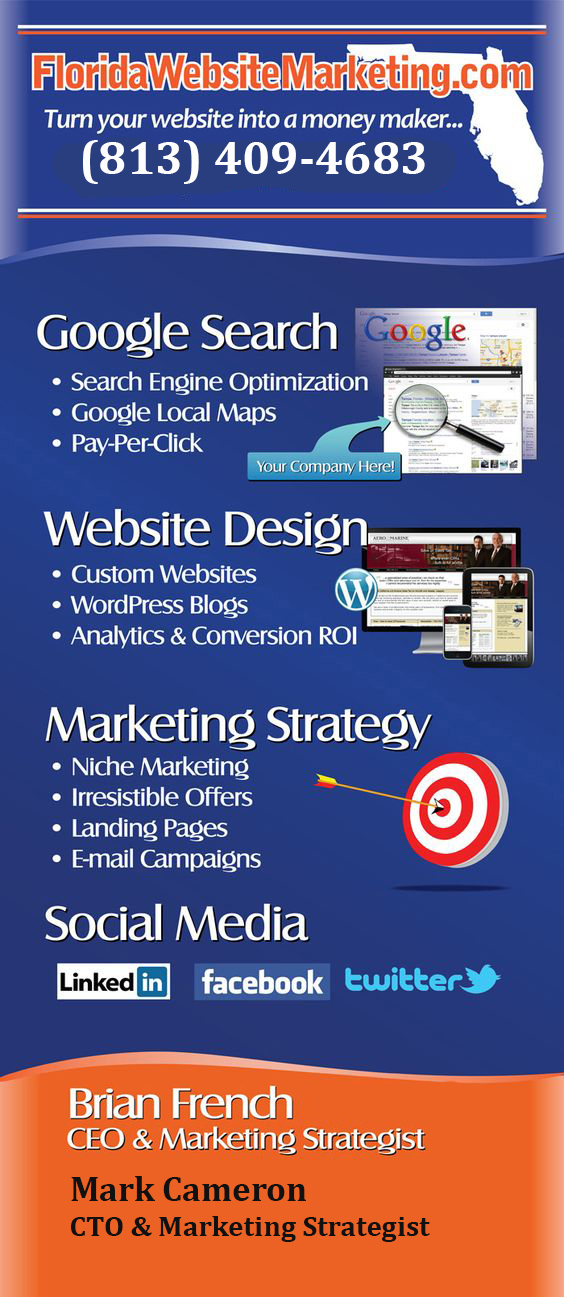OpenAI is set to launch a new AI search engine next Monday May 13, 2024, strategically timed a day before Google’s I/O conference, which is expected to announce new AI features. This launch intensifies the rivalry between OpenAI and Google, placing it in competition with other AI search engines like Perplexity AI.

The new search engine, resembling ChatGPT, will incorporate real-time information and web citations via Microsoft Bing. It aims to present a more intuitive search experience by showing images alongside text responses, differing from Google’s separate tab display. OpenAI’s CEO, Sam Altman, emphasizes the goal of creating a more efficient way to synthesize and present web information, moving away from Google’s traditional search model.
With Google dominating the search engine market, the competition from OpenAI, especially with Microsoft’s backing, suggests a significant challenge. However, Google remains proactive, enhancing its AI capabilities with projects like the Search Generative Experience and updates to its AI chatbot, Gemini.
This upcoming search tool, which functions similarly to ChatGPT but leverages Bing to provide real-time data and citations, aims to transform the user experience by integrating images with text results, unlike Google’s segmented approach. Sam Altman, OpenAI’s CEO, has articulated a vision for a revamped search methodology that prioritizes direct, synthesized web content over the traditional list of links, which could redefine user interaction with search technologies.
Given Google’s dominant position with over 91% market share and ongoing innovations such as the Search Generative Experience and upgraded versions of its AI chatbot Gemini, the tension between these tech titans underscores a rapidly evolving landscape in digital information retrieval. OpenAI’s alliance with Microsoft not only bolsters its competitive stance but also highlights the shifting dynamics in how younger generations and tech-savvy users engage with information online.
Bing’s co-pilot, which incorporates AI capabilities similar to ChatGPT, and Google Search offer different approaches to handling search queries:
- Bing’s Co-Pilot:
- AI Integration: Bing has integrated AI more deeply into its search interface, often referred to as Bing Chat, which utilizes a conversational AI model developed by OpenAI. This allows users to engage in a more interactive and conversational manner, similar to talking to an AI chatbot. It can summarize information, generate creative content, and provide detailed answers.
- User Experience: The focus is on creating a more engaging and conversational interaction. Users can ask follow-up questions more naturally, refine their queries conversationally, and receive more personalized responses.
- Content Presentation: Responses in Bing’s co-pilot can be more detailed and presented in a format that resembles a chat or dialogue, providing more context and nuanced explanations.
- Google Search:
- Traditional Search: Google Search has traditionally focused on providing a list of links and brief snippets as answers to user queries, directing users to external websites for more detailed information.
- AI Enhancements: While Google has been incorporating AI to improve search results for years (e.g., using BERT and other language models to understand queries better), the interaction has generally remained less conversational and more about quickly directing users to the most relevant web pages.
- Knowledge Graph: Google makes extensive use of its Knowledge Graph to provide direct answers, summaries, and data-driven responses right on the search results page, which can quickly satisfy user queries without needing to click through to a website.
Both platforms are leveraging AI to enhance user experience but in slightly different ways—Bing with a more conversational model that feels like chatting with an AI, and Google with a focus on efficiently delivering a wide range of accurate sources and information.
Florida Website Marketing Services | Call for Free Consultation 813 409-4683
- Digital Marketing Strategy: Tailored strategies blending SEO, PPC, and content marketing to propel your brand to the forefront of your industry.
- SEO & Florida Website Content Marketing: Elevating your site’s visibility and driving targeted traffic with cutting-edge SEO tactics and compelling content.
- Google PPC Management: Maximizing ROI on Google Ads and social media advertising with meticulously managed campaigns.
- Florida Social Media Marketing: Engaging your audience on their favorite platforms to build community and drive sales.
- Email Marketing: Nurturing leads and keeping your brand top-of-mind with strategic email campaigns.
- Marketing Intelligence System: Leveraging data to fine-tune marketing strategies and achieve superior results.
Meet Our Team Leaders – Florida Website Marketing Senior Staff
Brian B. French, Co-founder & CEO
Email: Brian@FloridaWebsiteMarketing.com
Brian has led Florida Website Marketing as CEO for over 15 years, specializing in internet marketing and SEO for one of Florida’s largest PR firms. With a background as an investment analyst managing hundreds of millions of dollars, he has a unique insight into effective business and marketing strategies. His extensive marketing experience spans various industries, including law, insurance, real estate, education, and hospitality, making him a valuable asset in driving client success.
Mark Cameron, Co-founder & Chief Technology Officer
Email: Mark@FloridaWebsiteMarketing.com
Mark is the technology expert at Florida Website Marketing, with 20 years of experience leading advancements in internet technology. His deep understanding of multi-million dollar e-commerce enterprises and medical product marketing allows him to excel in areas from website coding to AI, ensuring our clients achieve their business goals.
